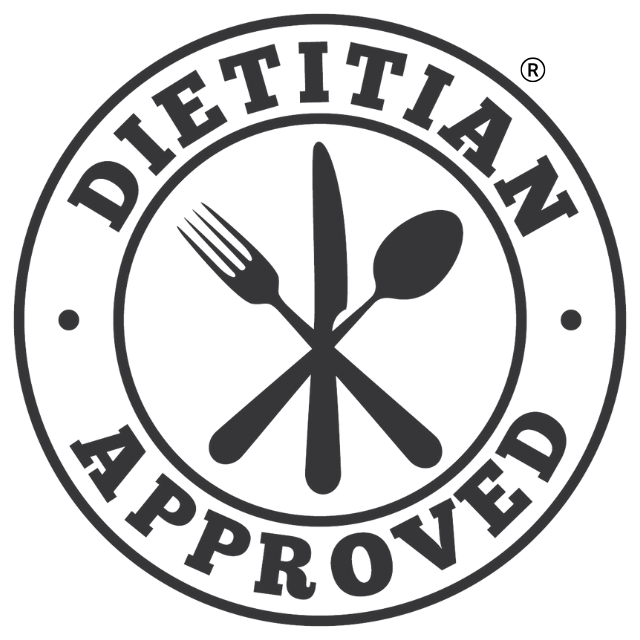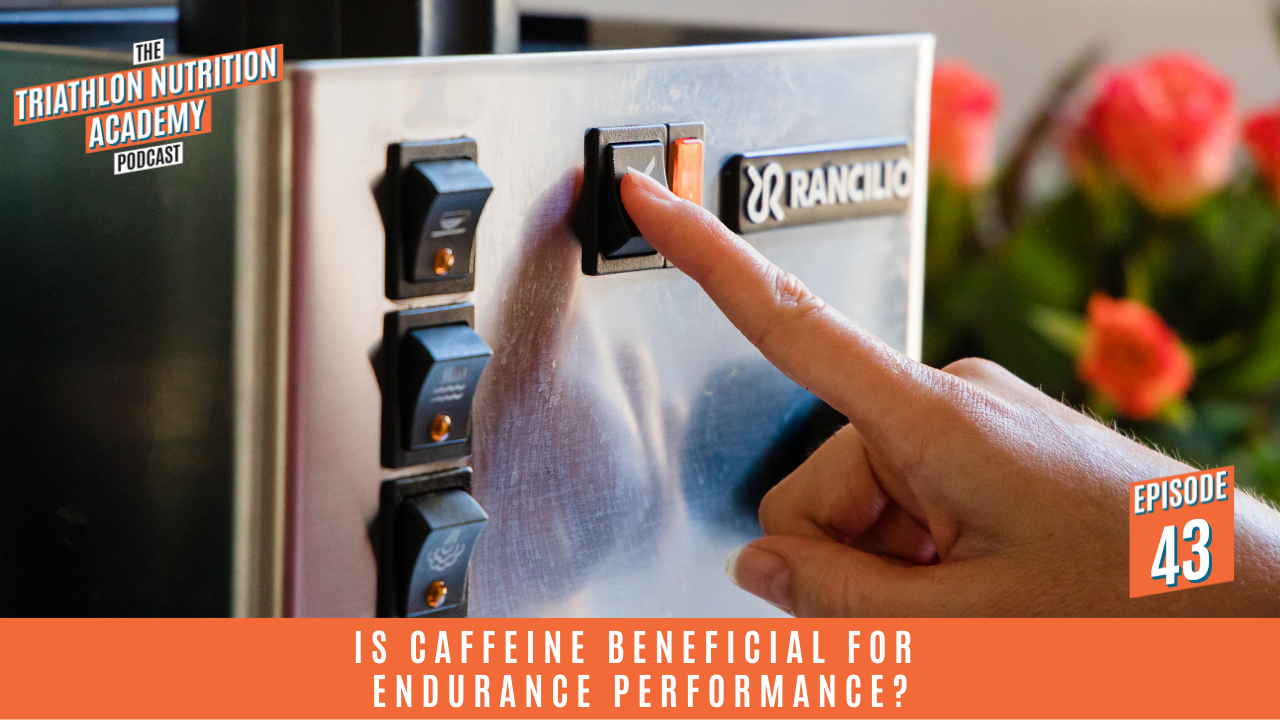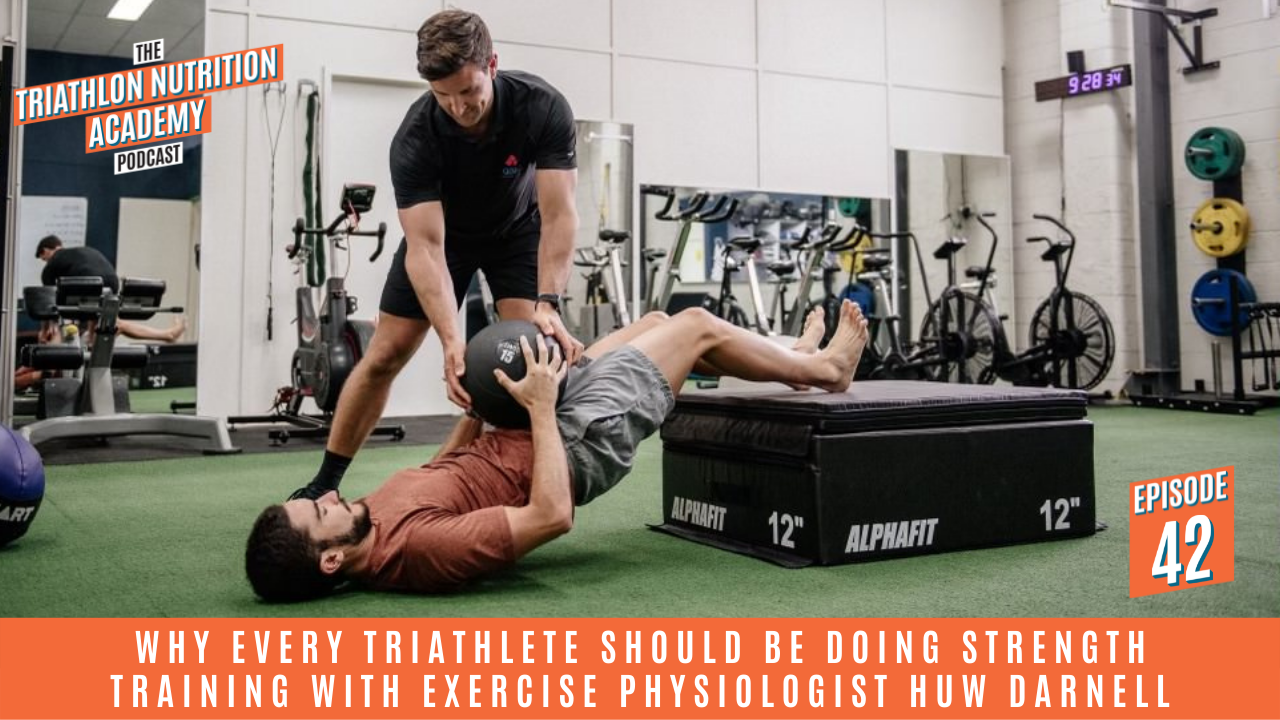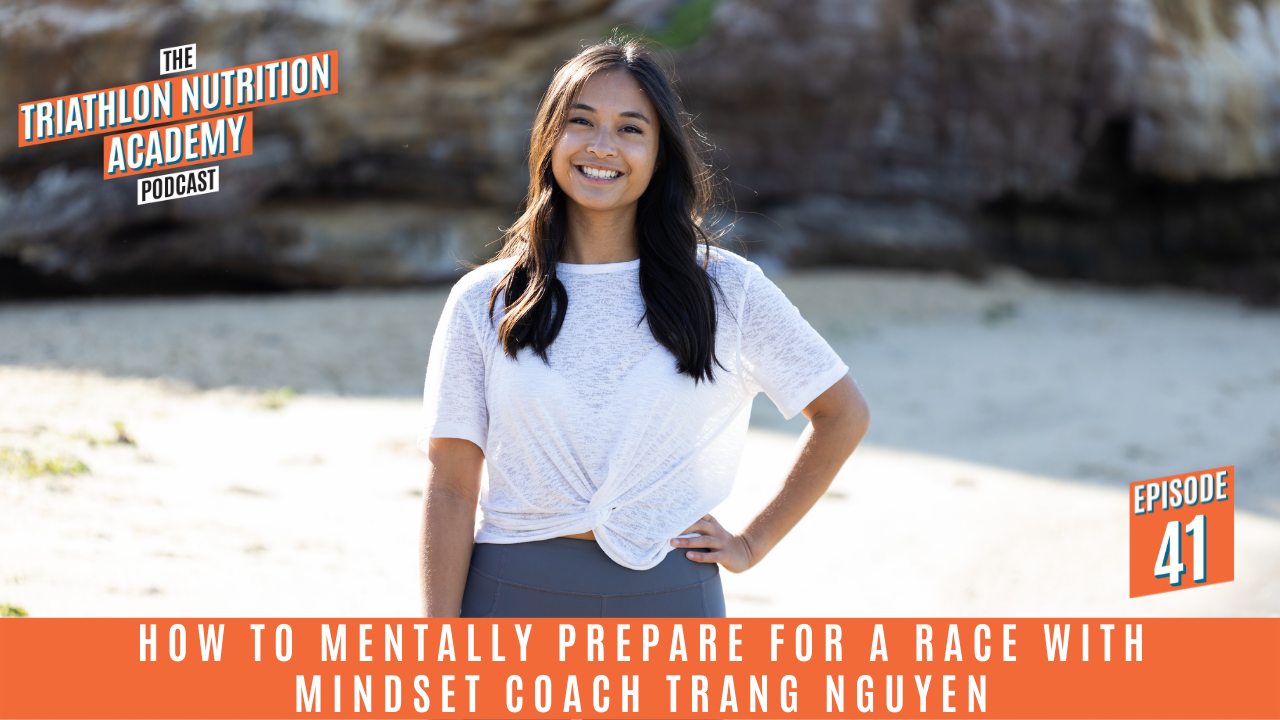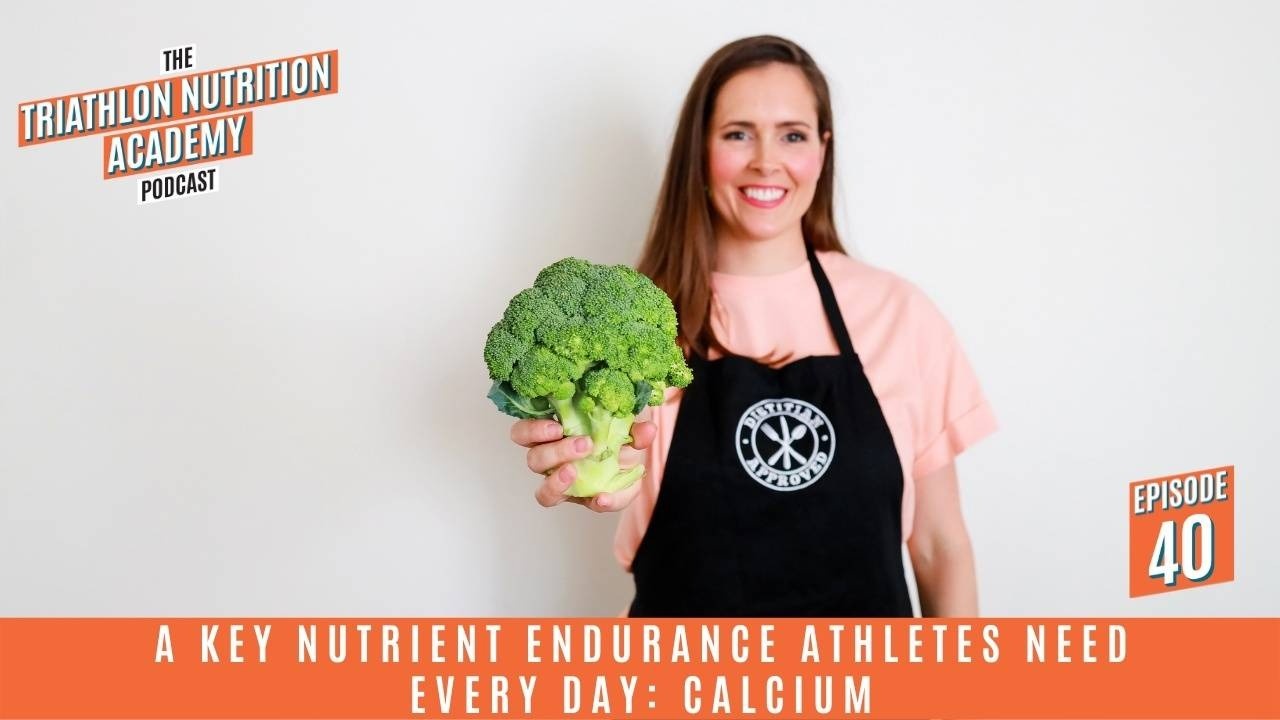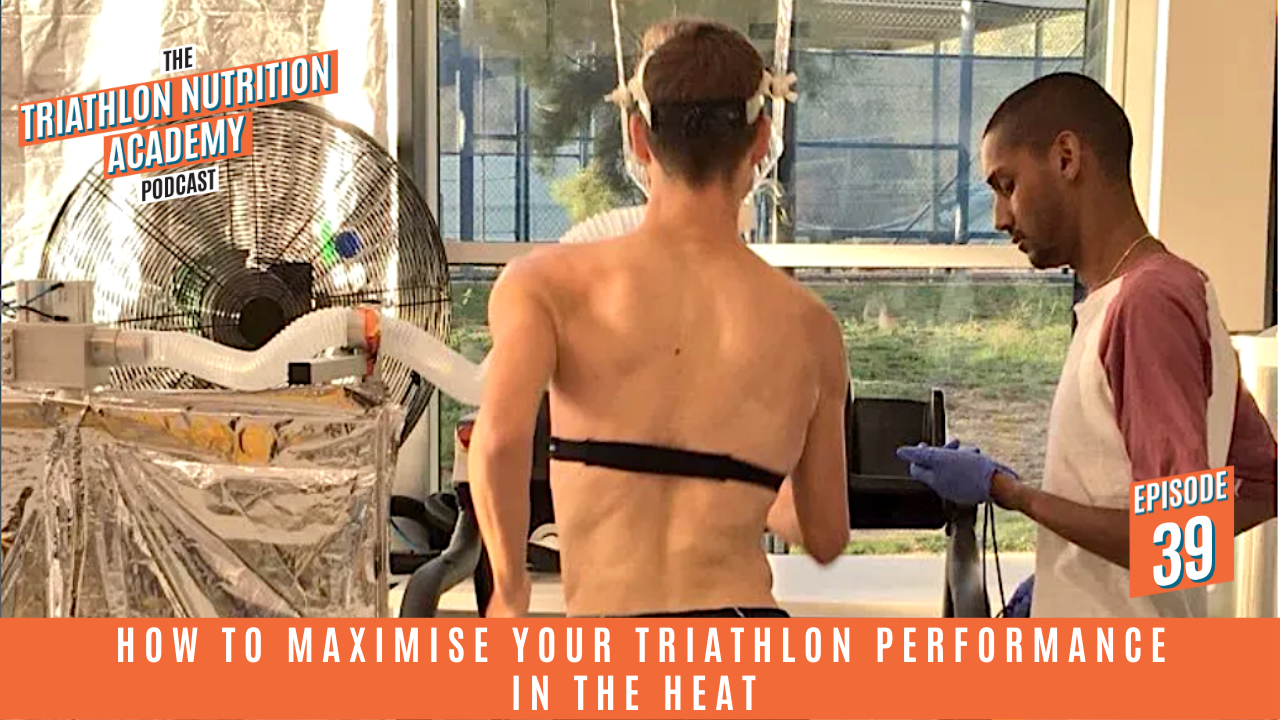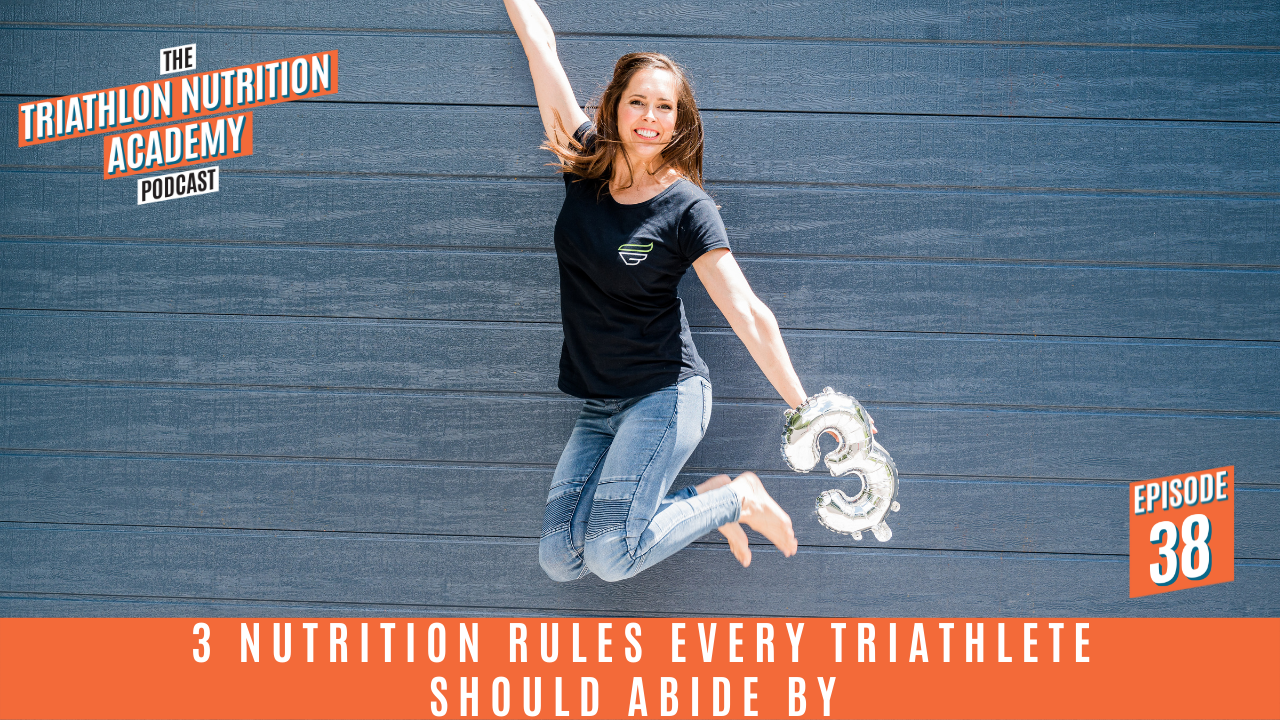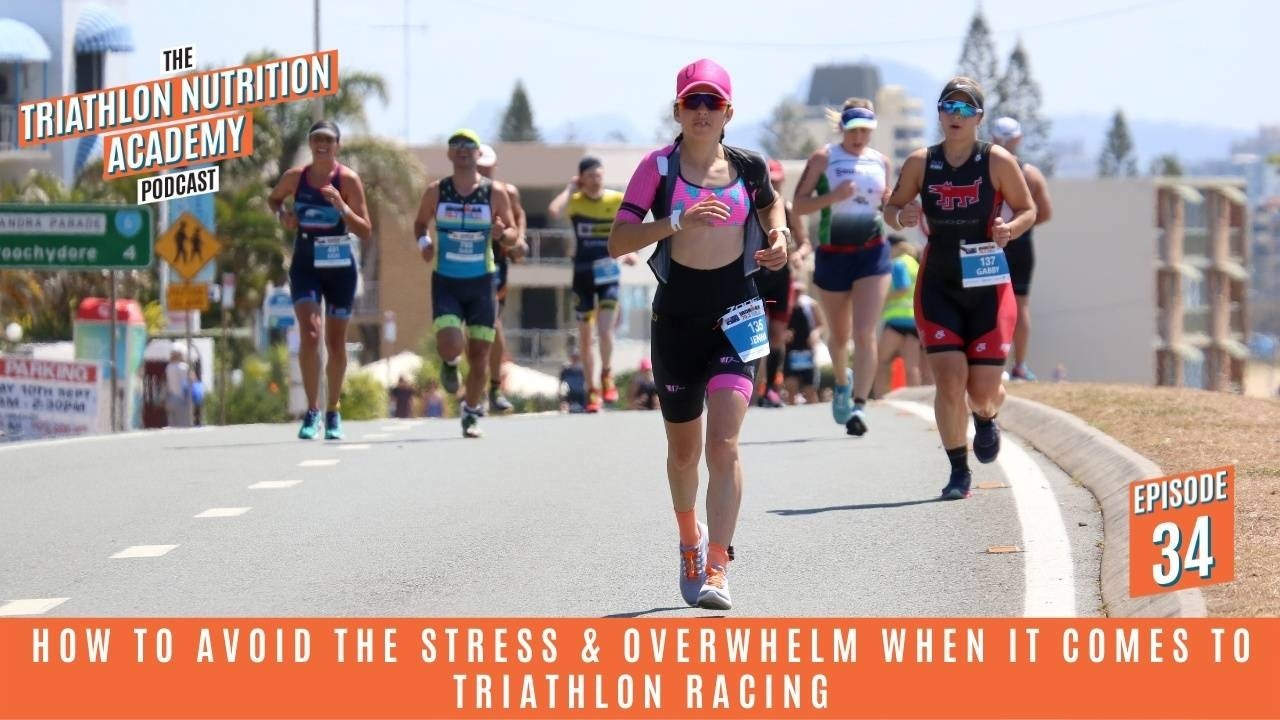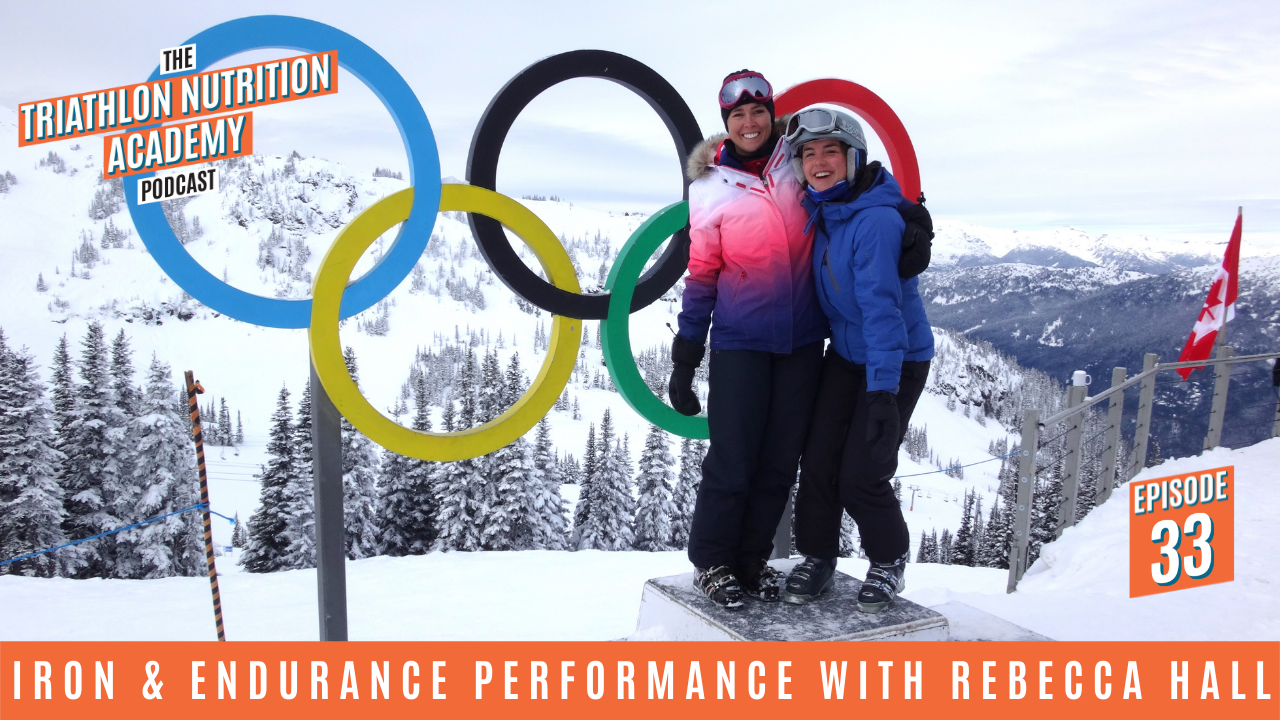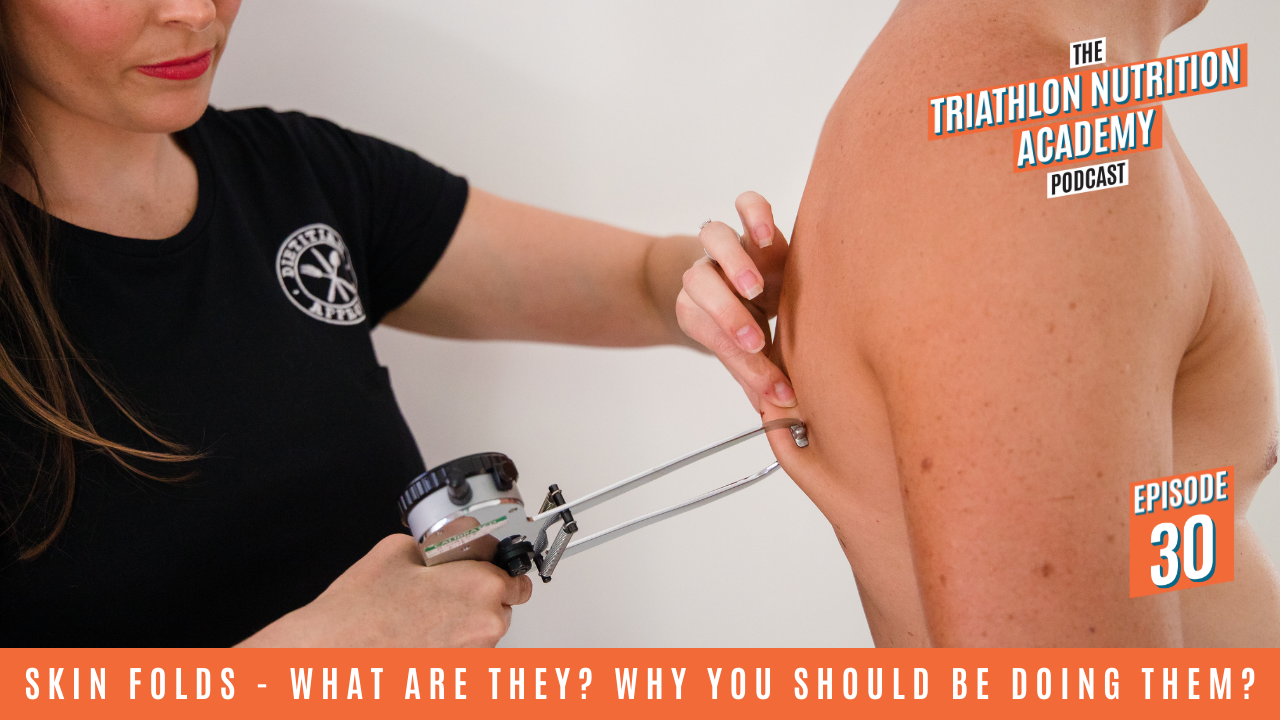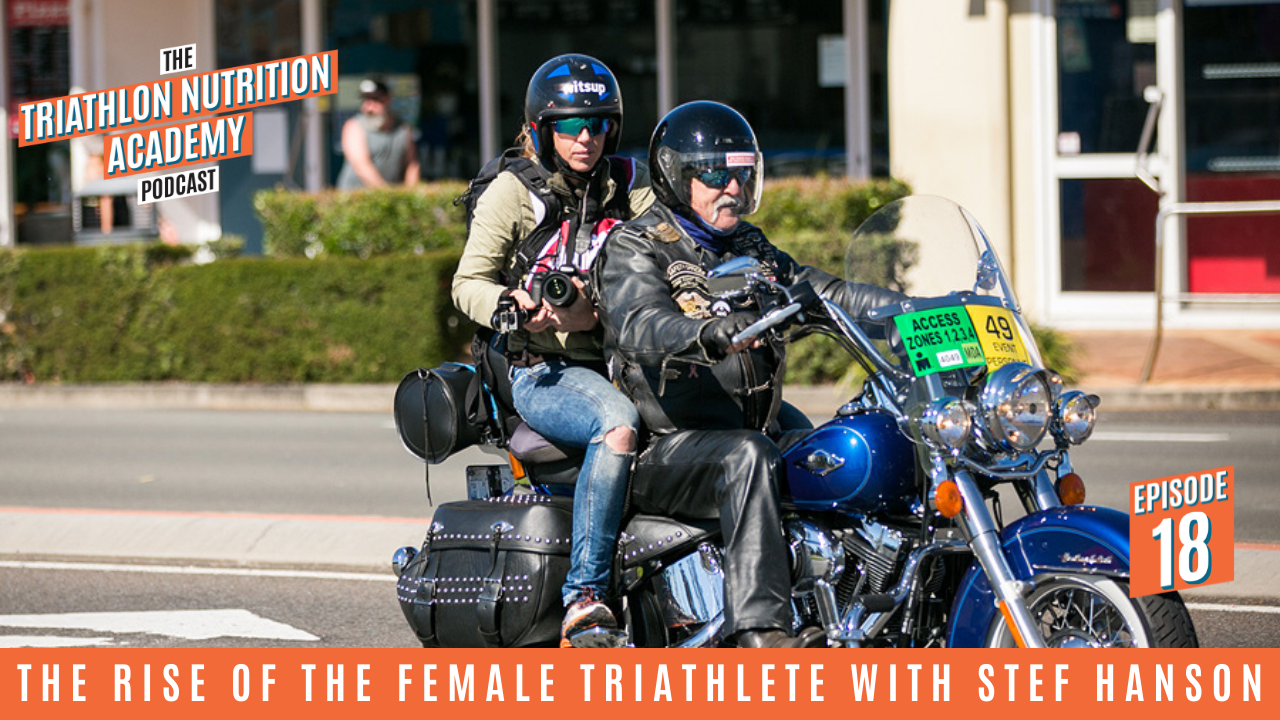Triathlon Nutrition Blog
Is caffeine beneficial for Endurance Performance?
Caffeine is a well-established performance booster. Is it beneficial for endurance performance? Heck yes!
But more does not equal better when it comes to caffeine supplementation. It’s about finding the lowest dose to give the greatest effect, with...
Why every triathlete should be doing strength training with Exercise Physiologist Huw Darnell
I’m a big advocate for triathletes implementing strength into their training program. But not many do it!
Maybe it’s because you’re worried about getting too sore, putting on too much muscle mass and a...
How to mentally prepare for a race with mindset coach Trang Nguyen
As an endurance athlete, ahead of a race you’ve done everything else to prepare – you train your arse off, have your nutrition dialled in, have the fast wheels, shaved down, done all the things BUT if your mind is not in it, your ra...
A Key Nutrient Endurance Athletes Need Every Day: Calcium
Most people understand that we need calcium for building and maintaining strong bones and strong teeth. But we also need calcium for:
- Healthy muscle contraction, including the heart
- Nerve impulses and transmission of messages
- enzyme fun...
How to maximise your triathlon performance in the heat
Have you got a hot race coming up? Ever wondered whether you should be doing any heat acclimatisation or heat adaptation?
On a recent Triathlon Nutrition Academy podcast, I spoke to Physiologist, Avish Sharma. He was the lead Physiologist f...
3 Nutrition Rules Every Triathlete Should Abide By
When it comes to triathlon nutrition, there is a lot of crap information out there!
My passion is to cut through all the noise and give you practical, evidence-based information that actually works. To fast track your success as a time-poor tr...
The Key Ingredients You Need to Become a Successful Triathlete
There are many key ingredients to focus on if you’re wanting to train harder, feel better, and become the best triathlete you can be.
These aspects will not only propel you to become a successful triathlete, but will also translate in...
How to avoid the stress & overwhelm when it comes to triathlon racing
Are you someone that suffers from pre-race nerves?
Do you worry you’ve forgotten to do something important heading into race day?
There is A LOT to do, think about and organise when it comes to triathlon racing. Preparing fo...
Iron & Endurance Performance with Rebecca Hall
Do you feel tired, lethargic or fatigued and are not sure why? Maybe you need to get your iron levels checked…
As an endurance athlete, you should have a basic understanding of why iron is so important and know where you can get it from your diet. ...
Skin Folds: What are they? Why you should be doing them
In our previous episode with Gary Slater, we highlighted why scales are such a poor measure of body composition. (If you haven't already, make sure you go back and listen to that episode!).
In congruence with that, skin folds were mentione...
Why you Suck at Carbohydrate Loading
I haven't seen one athlete that knows how to carbohydrate load until I've taught them to do it. Let me tell you, it is not just eating a bowl of spag bol the night before the race.
When it comes to the fourth leg of triathlon - nutrition, many try to wing it, w...
The Rise of the Female Triathlete with Stef Hanson
This episode of the Triathlon Nutrition Academy Podcast is with total legend and one of my favourite humans, Stef Hanson. Stef is the founder of WITSUP, which stands for Women In Triathlon, Sup?
In this episode we chat about:
- Her many talents, ...
